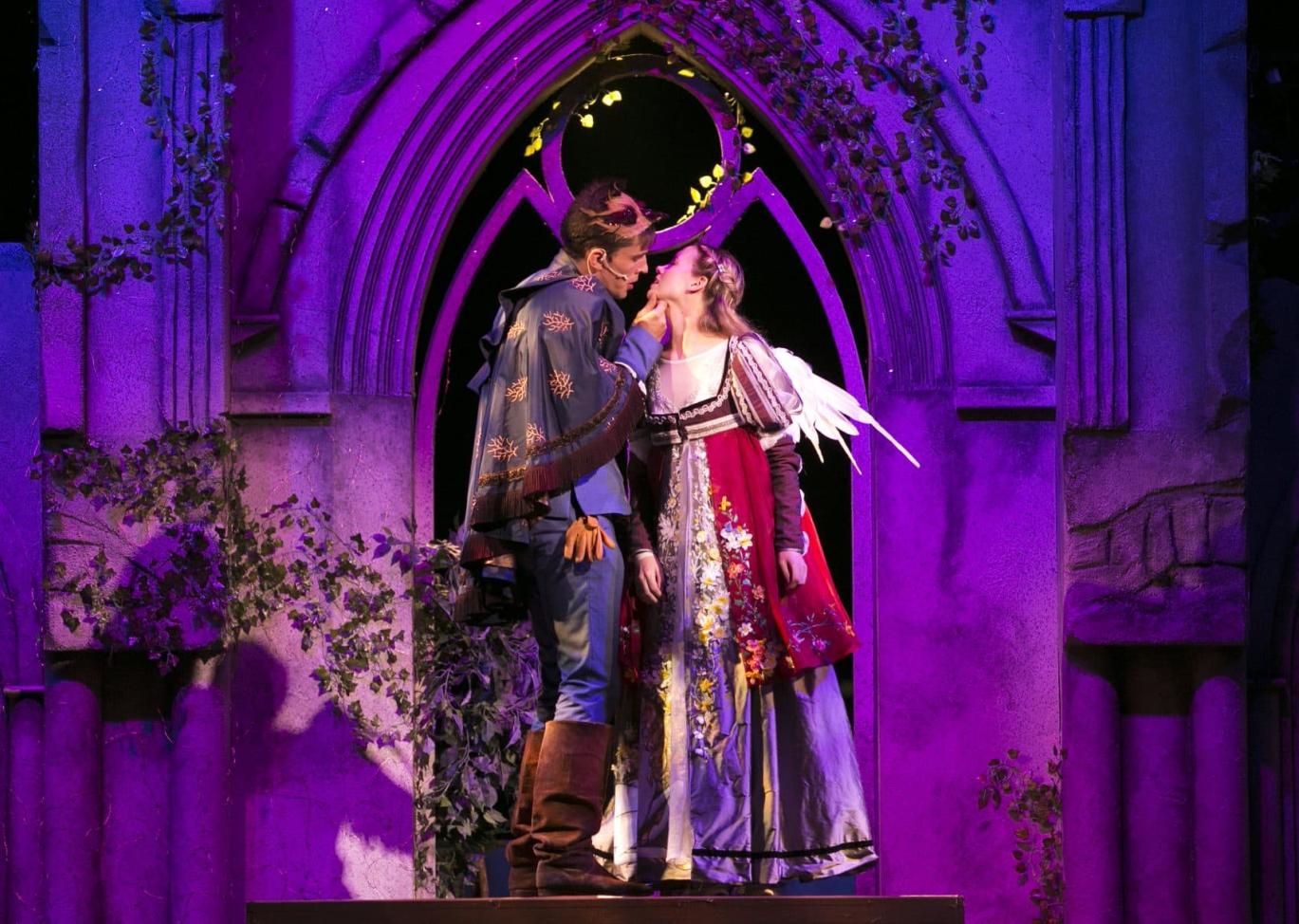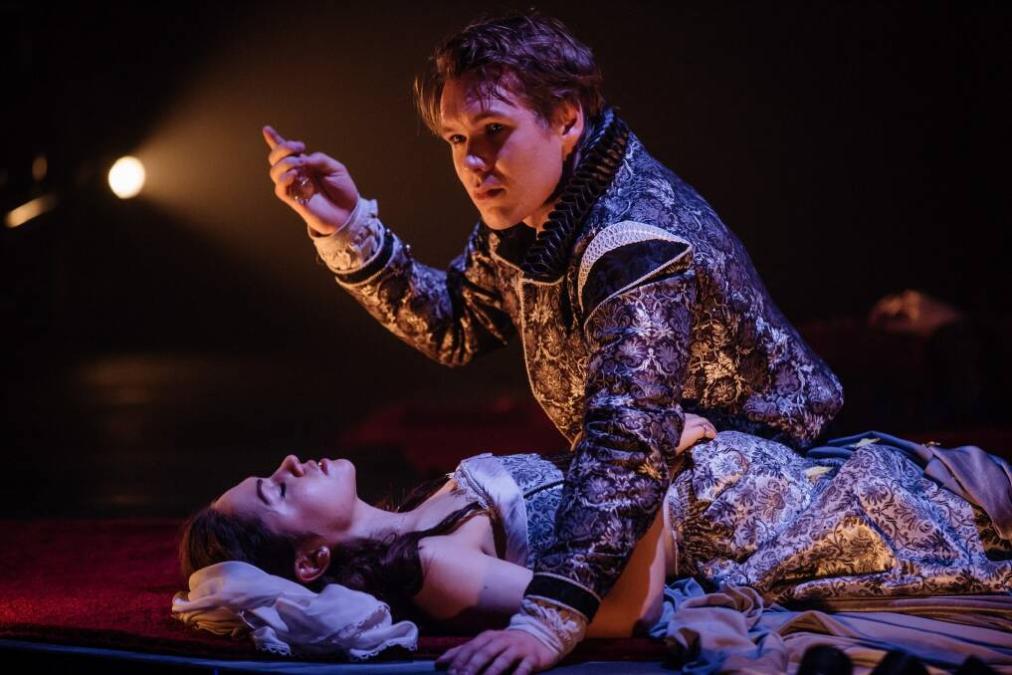Fate's Tragic Hand in Romeo and Juliet
In the realm of literature, few tragedies are as poignant and enduring as William Shakespeare's "Romeo and Juliet." This timeless tale of star-crossed lovers has captivated audiences for centuries, leaving them to ponder the role of fate in the unfolding of human destiny.

This article delves into the intricate tapestry of fate that weaves its way through the tragic events of "Romeo and Juliet," exploring how it shapes the characters' lives and drives them towards their ultimate downfall.
The Concept Of Fate
Defining Fate:
- Fate is a predetermined course of events beyond human control, often associated with destiny or divine intervention.
- In literature and drama, fate serves as a powerful force that propels characters towards their inevitable doom.
Fate In Greek Mythology And Tragedy:
- Greek mythology is replete with stories of gods and mortals whose destinies are predetermined by fate.
- In Greek tragedies, fate is often seen as an inescapable force that drives characters towards their downfall.
Star-Crossed Lovers:
- The concept of "star-crossed lovers" is central to "Romeo and Juliet."
- Romeo and Juliet are destined to be together, yet their love is doomed from the start due to the feud between their families.
Fate As A Driving Force
Prologue's Foreshadowing:
- The play's prologue sets the stage for the tragedy, foreshadowing the impending doom of Romeo and Juliet.
- It speaks of two families, "alike in dignity," whose "ancient grudge" will breed "civil blood."
Montague-Capulet Feud:
- The feud between the Montagues and Capulets creates an atmosphere of hostility and tension.
- This feud sets the stage for the tragic events that follow, making it impossible for Romeo and Juliet to be together.
Chance Encounters And Coincidences:
- Fate plays a role in bringing Romeo and Juliet together through chance encounters and coincidences.
- These encounters lead to their passionate love, which ultimately becomes their undoing.
Fate's Cruel Interventions:
- Fate conspires against Romeo and Juliet at crucial moments, leading to misunderstandings and miscommunications.
- These interventions prevent the lovers from reconciling and ultimately lead to their tragic deaths.
The Role Of Free Will
Romeo And Juliet's Choices:
- Despite the forces of fate, Romeo and Juliet have some degree of control over their actions and decisions.
- Their choices, such as choosing to marry in secret, contribute to the tragic outcome.
Fate Versus Free Will:
- The play explores the tension between fate and free will, raising questions about the extent to which characters can control their own destinies.
- Ultimately, the play suggests that fate is a powerful force that can shape and influence human lives, but it does not completely negate the role of individual choice.
Themes Related To Fate
Love And Destruction:
- The play explores the theme of love and its power to overcome obstacles, yet also its potential to lead to destruction.
- Romeo and Juliet's love is so intense that it ultimately consumes them, leading to their tragic deaths.
Destiny And Family Honor:
- The play also delves into the theme of destiny and how it shapes the lives of the characters.
- The feud between the Montagues and Capulets is seen as a predetermined fate that the characters cannot escape.
- Family honor is another powerful force that influences the characters' actions and decisions, leading to tragic consequences.
Fate plays a pivotal role in the tragic events of "Romeo and Juliet," shaping the characters' lives and driving them towards their ultimate downfall. Through its exploration of fate, free will, and related themes, the play offers profound insights into the human condition and the complexities of love, destiny, and family honor.
The enduring themes and timeless story of "Romeo and Juliet" continue to resonate with audiences today, reminding us of the power of fate and the fragility of human existence.

YesNo

Leave a Reply